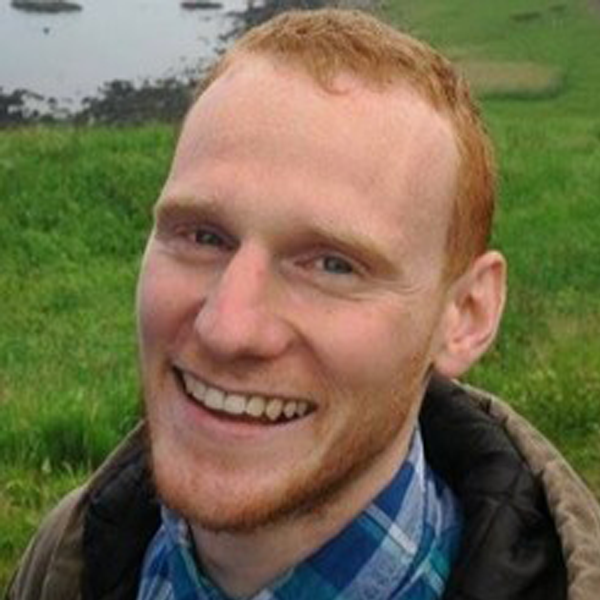You’ve probably heard of Wolfgang Amadeus Mozart. From an early age, he was known as a child genius. Before the age of ten he could play multiple instruments, had composed many musical pieces, and had a little gift known as perfect pitch. Perfect pitch is the ability to hear a musical pitch and be able to name it, on the spot. It’s incredibly difficult. Only about one in 10,000 people have this gift. Mozart could hear a glass breaking in a different room and be able to name it on the spot— “That’s an F sharp.”
A psychologist named Sakakibara decided to see if he could train ordinary kids to be little Mozarts, so he developed a training regimen. He taught 24 kids between the age of 2 and 6 to practice for several minutes a day for up to 18 months. The goal was to see how many children could develop perfect pitch. How many of the 24 kids, given a great training program, could gain a prodigy-like ear? Take a guess.
That’s right. All 24.
K. Anders Ericsson describes this study in his seminal book PEAK. Ericsson is the world’s expert on experts. He has spent decades studying how people become excellent at everything from ballet to violin to chess. You may have read about his research, second-hand, in places like Malcolm Gladwell’s Outliers or Joshua Foer’s Moonwalking with Einstein. Ericsson may know more than anybody on earth about one of the fundamental questions in the study of learning: how do people become world-class performers at an early age, even as children?
The answer is simple. According to Ericsson, “The right sort of practice carried out over a sufficient period of time leads to improvement. Nothing else.”
So, yes. You, too, can become a prodigy. It just takes two very difficult steps.
#1 Find how to practice.
You must figure out the best way to practice. In a field like chess or swimming, there are proven practice techniques, so the best thing to do is find a coach who knows the right techniques. In a field like poetry or improvisational comedy, where such techniques are less known, you need to track down the best performers, discover how they practiced to get that way, and then imitate their practice routines.
To practice well, you must have clear, obvious goals. You must be focused and be able to get immediate feedback. And the practice has to be outside of your comfort zone, stretching you into territory that is difficult or even frustrating.
#2 Practice.
Once you figure out how to practice….practice! Potential, Ericsson argues, is built, not reached. That means that in most domains, there isn’t a limit to human performance. Most people just reach a point they feel is “good enough” and give up trying to improve. In some domains, to become world-class will take 10,000 hours of the right kind of hard, disciplined, well-coached practice. In other domains, it may take much more.
What’s the good news? According to Ericsson, you, too, can become a prodigy. Ericsson argues that Mozart wasn’t different from any of us. He just spent his entire childhood being coached by his music teacher father for hours every day. The bad news is that to be a prodigy requires many hours of focused, uncomfortable practice.
But limits? Maybe they are mostly, as they say, mental. You, too, can become excellent at just about anything. Just find out how to practice— and start. Whether it is calculus, horseback riding, or winning sushi-eating contests, there are techniques you can use to go far beyond anything you thought was possible.

Comments